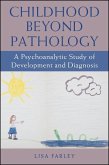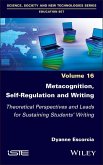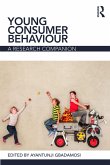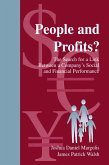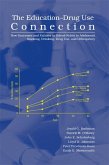The popularity of soft-skill management has created psychomanagers: managers who have entered into a Faustian bargain with psychologists. Some managers work with psychologists to master themselves; others work with psychologists to master other people. As psychomanagement requires specialised knowledge, many Australian managers have yielded their authority to counsellors, coaches and consultants, many of whom believe that human behaviour is determined by internal and external forces over which individuals have little or no control. Accordingly, psychologists have laboured to absorb the idea of the free and responsible individual into a pseudo-scientific framework that denies moral agency. The result is that ideas of 'right' and 'wrong' have been replaced with 'healthy' and 'sick'. In their pursuit of a 'therapeutic state', psychologists have medicalised morality and managers have embraced powerful myths about minds, motive-forces, personality traits, social conditioning, leadership, occupational stress and mental illness. Consequently, the twin ideas of personal freedom and responsibility have been sabotaged. Freud, Maslow, Eysenck, Skinner and other influential psychologists have denied, or minimised the importance of, personal responsibility. And insofar as managers have entered into an unholy alliance with them, they too have minimised personal responsibility at the workplace.
This book is about Australian managers and their long-standing love affair with psychologists. For fifty years the author has studied, taught and consulted with managers and 'waltzed' with several famous psychologists and an infamous psychiatrist. Fortunately, they represented both sides of the debate about personal responsibility and human freedom. This book is, therefore, a personal and selective account of a professional life spent studying the problematic relationship between managers and psychologists.
Dieser Download kann aus rechtlichen Gründen nur mit Rechnungsadresse in A, B, BG, CY, CZ, D, DK, EW, E, FIN, F, GR, HR, H, IRL, I, LT, L, LR, M, NL, PL, P, R, S, SLO, SK ausgeliefert werden.



